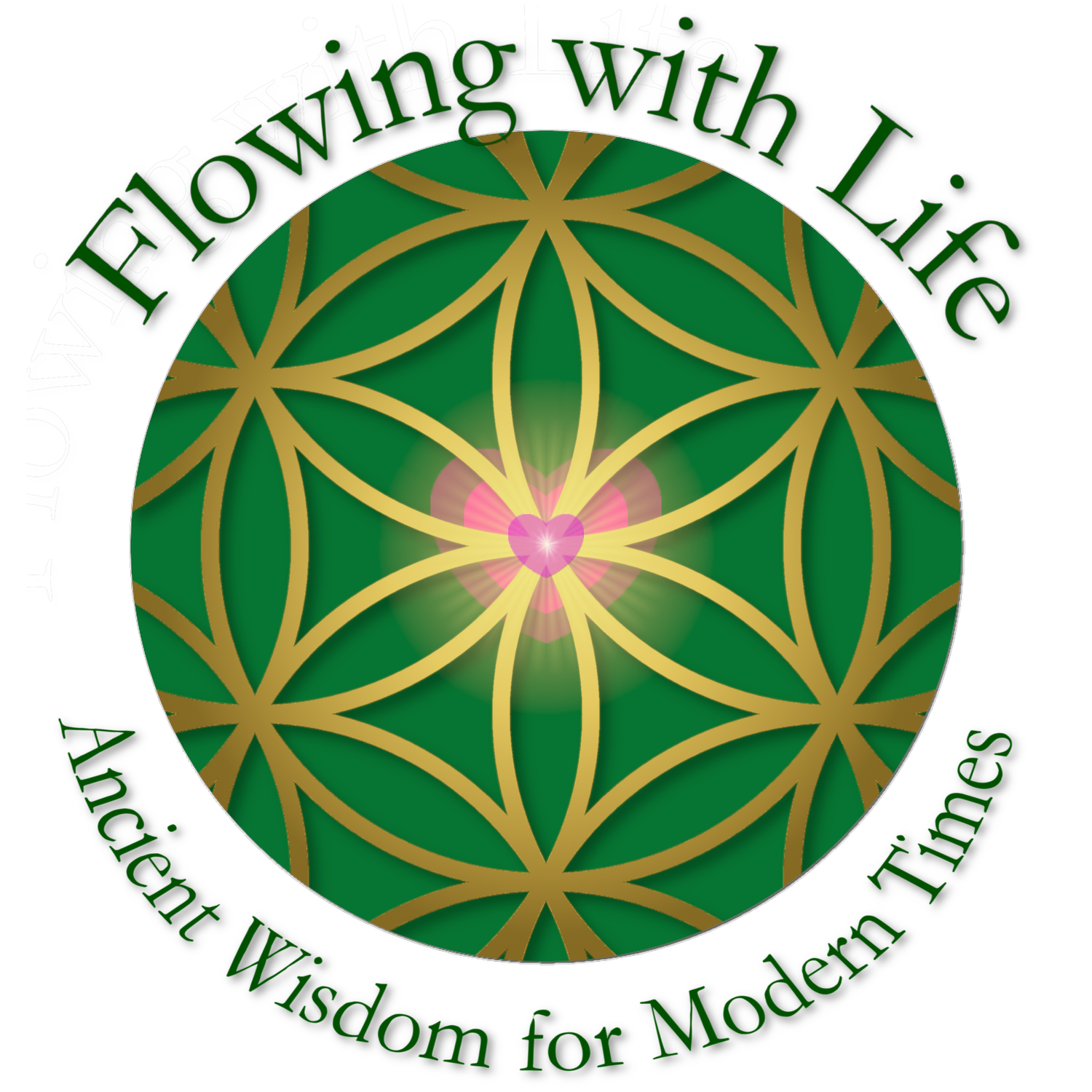Where Power Lies: Inspiration from Science Fiction
When it might seem as though we’re living in the midst of a rather dark science fiction novel, perhaps we might look to the wisdom contained in this literary tradition. Let’s be honest, we need all the inspiration we can get right now.
Adrienne Maree Brown — activist, scholar & science fiction writer
The activist and writer, Adrienne Maree Brown suggests looking to scifi, particularly the works of Octavia Butler and Ursula Le Guin, can be a fruitful strategy for social change. In Pleasure Activism: The Politics of Feeling Good she writes, ‘I believe that all organising is science fiction - that we are shaping the future we long for and have not yet experienced.’ Something in us knows, as Arundhati Roy so succinctly put it, ‘Another world is possible.’ Exploring ‘other worlds’ through story can inspire us to create changes in our own. And so we might organise ourselves in the ways that we really want to live, despite the dominant story of who is ‘in’ or ‘has’ power. To modify an anarchist slogan, let’s ‘invite the impossible’.
We might go so far as to begin by asking, was Douglas Adams on to something when he wrote in The Hitchhiker’s Guide to the Galaxy, ‘Very very few people realise that the President and the Government have virtually no power at all’?
The word power is often used to imply the ability to control. We are told that power is ‘held’ by certain people and that others are powerless. But what if this is, in a way, a lie? Or perhaps, if we wish to be kinder, a kind of theatrical performance. We all know that a tremendous amount of effort goes into the stage management of any governmental system – the actors have to look right, say the right things and influence the right people. They are carefully coached with speeches prepared for them, and clothing and make up chosen to suit the stage upon which they stand. And it doesn’t take much research to see who is funding some of these actors, including the new Prime Minister. If you’ve seen the film Back to the Future, you might remember the Dr Emmet Brown’s disbelief that the actor Ronald Regan was going to be president of the United States. As the theatrical nature of government has become increasingly obvious, probably none of us would be surprised now.
My sense is that at least some people in these systems are there with a genuine heart and a desire to help support the health and wellbeing of people and planet. It seems to me this is where real power lies – not in ‘control,’ but in the vitality of life, in being open and honest about the challenges we face, in coming together to face them with dignity, integrity and compassion.
Ursula Le Guin wrote in Powers, the concluding novel in a trilogy which begins in highlands clearly modelled on a colonised Scotland, ‘Belief in the lie is the life of the lie.’ In this series, Le Guin demonstrates the possibility of escaping unhealthy relations of power and rediscovering our creative, compassionate and cooperative nature as human beings. Perhaps the first step, as she describes here, is to unlearn belief in stories of the world as being fixed in a certain way. Octavia Butler similarly writes in Parable of the Sower, “All that you touch, you Change. All that you Change, Changes you. The only lasting truth is Change.” For Butler, change is the nature of life – not the story that a rigidified mindset, whether institutional or individual, will be telling us. As the author of Autobiography of a Yogi, Paramahansa Yogananda said, “If you are not happy with the way life is turning out, change the pattern.”
Of course, this requires an awareness that the pattern we’re in isn’t the only one possible. In Powers, Le Guin writes, ‘Freedom is largely a matter of seeing that there are alternatives.’ If we get pulled into stories of the powerful and the powerless, whether in support or in resentful opposition, we are in danger of having our perception defined by that story. A rigidified mind (and body) is a common consequence of trauma and oppression, limiting our capacity to see other possibilities. Liberation and healing go hand in hand. Both include cultivating our ability to see, sense and move differently.
We don’t need to identify as victims. We can step into another pair of shoes and rediscover our integrity, dignity and capacity for autonomy. And we don’t need to wait for a new government in Westminster, or the independence of Scotland, or the solution to any of the myriad crises that affect our world. The time is now. But we can’t do this on our own. We need to inspire and uplift each other, support and encourage each other. And perhaps most importantly, we need to listen to each other if we really want to connect in a meaningful way.
It might seem that what we can see in Britain now is like watching a car crash in slow motion. The great thing about slow movement, and the perception that it affords, is that we have time to change our course. Not by relying on those who claim to be ‘in power’, but by discovering where power truly lies – in the aliveness of Life Itself. In the aliveness in you and me, in our relationships, our communities, including all of what we seem to define as separate from ourselves and call ‘the natural world’. Maybe that’s a clue that we’ve been living unnaturally, in a way. Maybe now is the time to let go of the story and engage directly in the living experience of being alive. As Le Guin wrote in Gifts, ‘To see that your life is a story while you're in the middle of living it may be a help to living it well.’
If you’d like to read more inspiring, speculative fiction, you can order those mentioned in this article and others we recommend in our online Bookshop.
Originally published by Bella Caledonia



